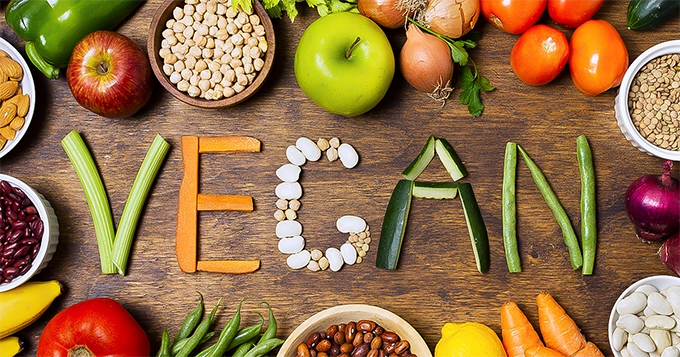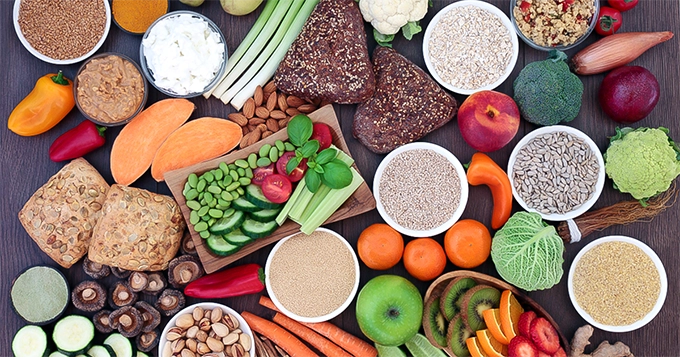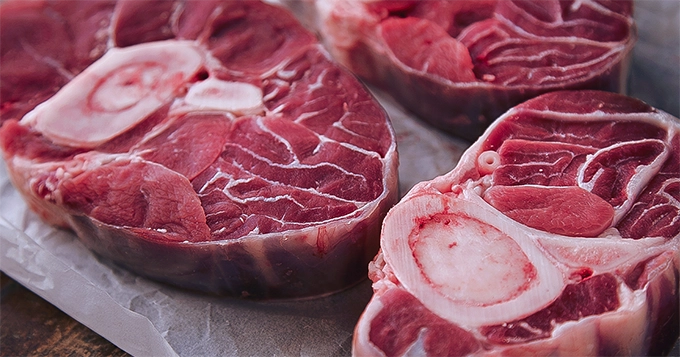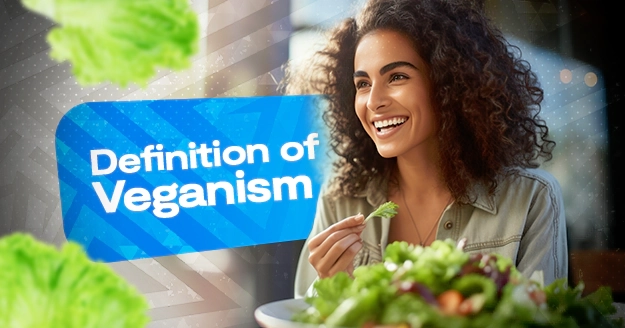Understanding Veganism
What is veganism definition?
Veganism is a philosophy and way of life that aims to eliminate all forms of animal exploitation, including cruelty for food, clothing, or any other purpose. It encourages creating and using alternatives that don’t involve using animals for the benefit of all parties involved—animals, people, and the environment. It is the practice of avoiding any goods that are entirely or partially produced from animals in terms of nutrition.
Production and sales of vegetarian and vegan food items have increased since the beginning of the twenty-first century, particularly those that resemble burgers, chicken, milk, and fish. The terms “plant-based” and “plant-forward” have been used to describe a mostly vegan diet that allows for the occasional ingestion of meat, dairy, eggs, and fish.
Let’s delve deeper into understanding plant based diet called veganism.
History
Understanding veganism entails learning where it originated from.
Donald Watson, a British supporter of animal rights, first coined the term vegan in 1944. It is a derivation of vegetarianism. In that same year, he and other vegetarians who avoided dairy founded the Vegan Society and started a fledgling movement to end the use of animals for any type of human consumption and experimentation (including hunting) and to find non-animal substitutes for things like clothing, food, medicine, and other necessities.
Records of people eating a vegetarian or primarily vegetarian diet date back thousands of years and include famous historical personalities like the Greek philosopher Pythagoras and the founder of Buddhism, Siddhartha Gautama.
Percy Bysshe Shelley, an English poet who lived in the 19th century, was one of the first well-known people in Europe to abstain from dairy and eggs in addition to meat on moral grounds.
What Do Vegans Eat?
What You Can Eat
When following a vegan diet, you can eat foods made from plants, including:
- Fruits and vegetables
- Legumes (peas, beans, and lentils)
- Nuts and seeds
- Bread, rice, and pasta
- Dairy alternatives (soymilk, coconut milk, and almond milk)
- Vegetable oils
What You Can’t Eat
Vegans can’t eat any animal products or foods made from animals, including:
- Red meats (beef, lamb, pork)
- Chicken, duck, and other poultry
- Fish or shellfish (clams, shrimps, crabs, and mussels)
- Eggs
- Cheese, butter
- Milk, ice cream, and other dairy products
- Mayonnaise (because it includes egg yolks)
- Honey
Health and Nutrition
The nutritional value of a wholly vegan diet is up for dispute.
According to certain research, vegans run the danger of lacking in protein and a number of vitamins and minerals, including B12, iron, zinc, and calcium.
Modern protein needs, according to proponents of veganism, are exaggerated, and nutrients typically found in meat, fish, and dairy products may be substituted by nutrients found in vegetables, legumes, and fruit as well as in fortified foods such breakfast cereals fortified with vitamins and supplements made from plants.
Understanding Plant Based Diet – Other Aspects of Vegan Living
Aside from the diet, there is more to being a vegan meaning that it is more than just what you eat. It’s a way of living. Here are other aspects of vegan living.
Cosmetics
Cosmetics that are vegan are free of any animal products and their byproducts. Components traditionally produced from animals, such as honey, beeswax, lanolin, collagen, and elastin, are substituted with ones made from plants or minerals. Veganism also prefers cruelty-free products – cosmetics that didn’t undergo animal testing.
Medicine
Veganism suggests that you avoid products tested on animals. You can ask your doctor or pharmacist to prescribe you medication that doesn’t include lactose or gelatin, which are both animal products. However, veganism does not advise staying away from drugs that you should take as prescribed by your doctor.
Clothes
A vegan wardrobe is one that doesn’t contain any silk, leather, wool, cashmere, feathers, fur, or any animal byproducts, to put it simply.
Entertainment
Veganism entails refraining from going to zoos, aquariums or participating in dog or horse racing because they refuse to support any type of animal exploitation. Visit animal sanctuaries that provide rescued animals with secure, loving homes as a wonderful substitute.
Vegan is a type of plant-based diet. Here are other types of plant-based diets you may want to try if veganism seems too strict for you.
Types of Vegetarian Diets
- Lacto-vegetarian diet includes nothing that contains meat, fish, poultry, or eggs is allowed. Milk, cheese, yogurt, and butter are examples of dairy products that are accepted.
- Ovo-vegetarian diets include eggs but prohibit meat, poultry, fish, and dairy items.
- Lacto-ovo vegetarian diets do not include meat, fish, or poultry but do permit dairy and eggs.
- Pescatarian diets do not allow meat and poultry, dairy, and eggs but allow fish.
- Vegan diets forgo all animal products, including meat, poultry, fish, eggs, and dairy, as well as items that include them.
Embracing a vegan lifestyle can offer numerous benefits for the planet, animals, and your health. But it could present challenges in obtaining the macronutrients your body needs, especially (complete) protein.









